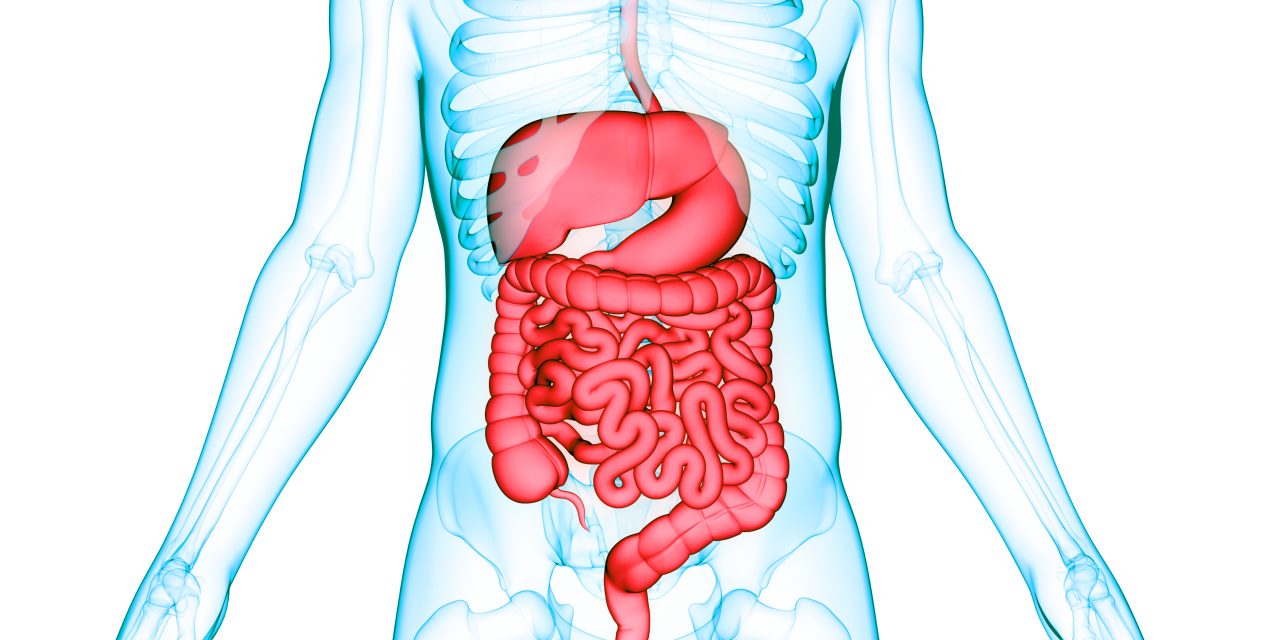For a study, it was determined that irritable bowel syndrome (IBS) was a poorly understood condition marked by a variety of symptoms, including visceral pain. Oral microbiome variations were found in inflammatory bowel illnesses, implying that the oral microbiome could be helpful in the research of non-oral ailments. The researchers sought to determine if there were any variations in the oral microbiome of IBS patients and healthy controls and if the oral microbiome had anything to do with symptom intensity. PhyloChip microarrays were used to assess the oral, buccal mucosal microbiota of 38 people. A gastrointestinal test solution was given orally to determine the intensity of visceral pain. Induced visceral pain was self-reported by the participants. Pain severity was highest in IBS individuals (P=0.0002), especially in IBS-overweight participants (P=0.02), and was strongly linked with the abundance of 60 OTUs, four genera, five families, and four orders of bacteria (r2>0.4, P<0.001). The phylum Bacteroidetes (P=0.007) and the genus Bacillus (P=0.008) had a lower richness in IBS-overweight participants. The IBS-overweight group was shown to be significantly separated by β diversity (P<0.05). The researchers’ mouth microbial findings were consistent with previously reported fecal and colonic microbiome-IBS and weight relationships. IBS and obesity were the most relevant factors in characterizing the degree of visceral discomfort and microbiota diversity, rather than IBS subtypes. The presence of numerous taxa was substantially linked with pain severity, indicating the potential of the oral microbiome in diagnosis and patient phenotyping. In IBS, the oral microbiome had the potential to be a source of microbiological data.
Link:www.tandfonline.com/doi/full/10.1080/19490976.2016.1162363


